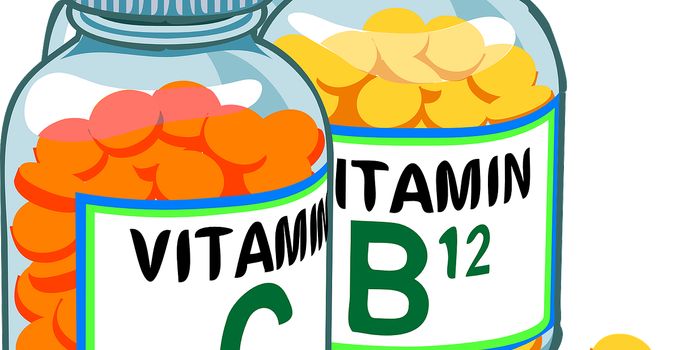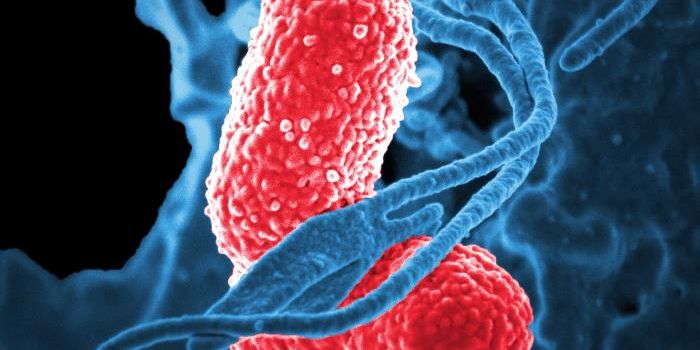Microbes that produce defensive compounds have contributed to the major source of antibiotics and other therapeutics. However, due to the rise of antibiotic-resistant bacteria, researchers are now seeking new drug candidates offshore.
Currently, a family of sea-dwelling bacteria known as Actinobacteria have helped in producing new antibiotics with their rich source of bioactive microbial compounds. Now a study published in Frontiers in Microbiology, revealed that an underwater species of seaweed, called Laminaria ochroleuca, serves as a rich source of bacteria with antimicrobial and anticancer compounds--the discovery can lead to new therapeutics.
"About half of the 20,000+ microbe-derived drug candidates currently known come from Actinobacteria," says senior study author Dr. Maria de Fátima Carvalho of the Interdisciplinary Center of Marine and Environmental Research (CIIMAR), Portugal. "Now the supply of new species on land -- where they form spores and branched networks just like a fungus -- is beginning to run out. Several novel drug leads derived from marine Actinobacteria are already known. These include anticancer agent salinosporamide A, currently in clinical trials, and several new antibiotics that are effective against drug-resistant infections like MRSA and tuberculosis."
The study showed that extracts of the seaweed L. ochroleuca is a rich source of Actinobacteria with promising antimicrobial and anticancer activities.
"The brown alga Laminaria ochroleuca forms complex structures called kelp forests, which are among the most diverse and productive ecosystems in the world," says Carvalho. "But until now, no-one had characterized the Actinobacteria that live inside L. ochroleuca. Seven of the extracts inhibited growth of breast and particularly nerve cell cancers, while having no effect on non-cancer cells."
Kelp forests are among the most diverse and productive ecosystems in the world. Image: Shutterstock.
"We identified extracts from two Actinobacteria strains that do not match any known compounds in the most comprehensive international database of natural bioactive compounds. We intend to follow up on these exciting results."
Source: Frontiers
-
MAY 07, 2024Is It Anti-RNP or Anti-Sm/RNP?
-
MAY 08, 2024Expand your Multiomic Capabilities with RNAscope™
- See More
-
APR 30, 2024Immuno-Oncology Virtual Event Series 2024
-
MAY 07, 20243rd International Biosecurity Virtual Symposium
-
MAY 23, 2024For the Love of Digital PCR 2024
- See More


















































